The chaos at the end of a long war. The frenzy to leave a troubled homeland. The challenge of a new and different culture.
Hong Kluver identifies closely with the Afghan refugees she has worked so hard to help.
In their experiences, she sees herself.
“Our situation is a lot alike, and I have a lot of sympathy for them,” said Kluver, 63, a member of the Iglesia Memorial Road de Cristo in Oklahoma City, Oklahoma.
Just a week before the April 30, 1975, fall of Saigon, Kluver and her family fled Vietnam aboard a U.S. military aircraft. Her father had labored with the Americans for years before Vietnam fell to communist rule. She was 15 years old.
Your tax-deductible gift helps our journalists report the truth and hold Christian leaders and organizations accountable. Give a gift of $30 or more to The Roys Report this month, and you will receive a copy of “Hurt and Healed by the Church” by Ryan George. To donate, haga clic aquí.
Nearly half a century later, the former Buddhist provides a loving, steadying presence for a family that escaped Afghanistan after the Taliban seized power two years ago.
The Hashemis made it inside the U.S.-controlled Kabul airport just 30 minutes before an Aug. 26, 2021, suicide bombing at an airport gate.
But they heard the explosion that killed an estimated 170 Afghans along with 13 U.S. troops.
“That’s what’s really sad,” said Mohammad Hashemi, a 35-year-old father of three.
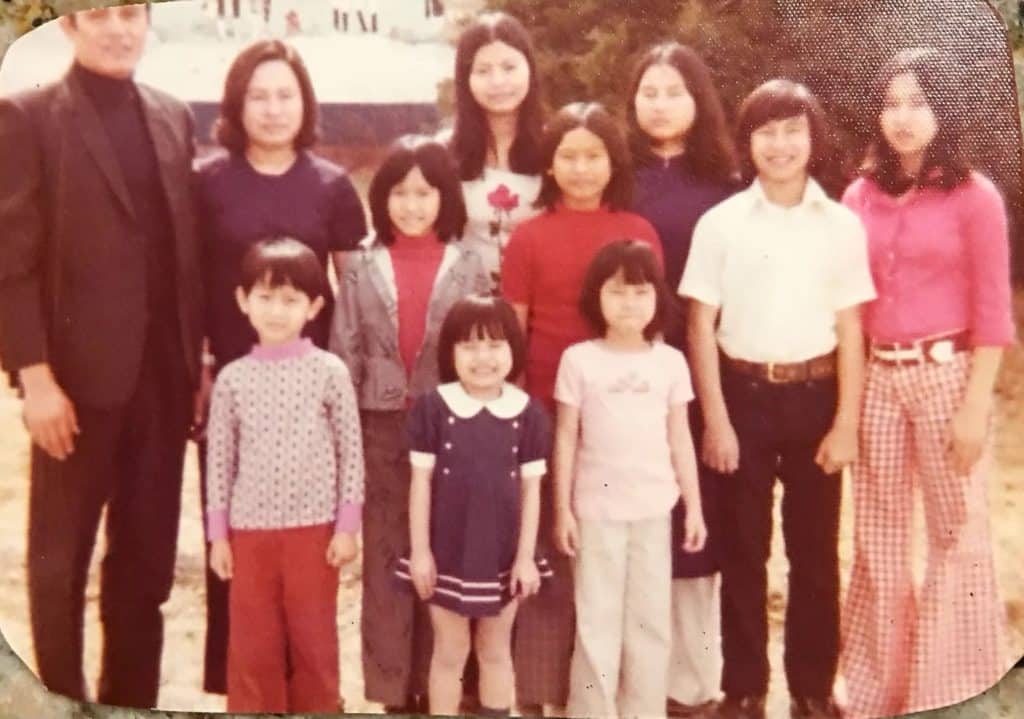
A refugee’s inspiration
In a neighborhood a mile from the Memorial Road church, Hashemi opened the front door of his tidy brick home wearing a Calvin Klein T-shirt.
The refugee’s choice of attire drew a joyful smile from Kluver, who came to see the Afghan family with her husband, Paul.
“Mohammad is American,” she joked. “Look at him.”
The devoted Christian also greeted Hashemi’s wife, Azizah; his daughter, Nastran, 12; his son Yousuf, 9; and his son Ekram, who was born in the U.S. and will turn 2 early next year.
“Yousuf is a future soccer player,” Kluver said as the boy beamed. “He is very good at soccer.”
Next, Kluver turned her attention to Hashemi’s sister, Basira, a 33-year-old widow whose husband died in the war; and her daughter, Nazarin, 7.
“She’s a beautiful princess,” Kluver said of Nazarin, who wore a shiny tiara.
The conversation flowed easily as Kluver and Hashemi recounted boarding crowded military planes — albeit decades and thousands of miles apart — en route to the U.S.
Kluver teased Hashemi, telling him that she had to work in a factory as a new teen in America.
His life, with more government financial support upon his family’s arrival, is easier, she suggested.
And she chuckled as she showed her friend — young enough to be her son — a picture of the wood-paneled station wagon her family owned after arriving in the U.S.
“Mohammad, I want you to know your car is really nice compared to ours,” said Kluver, a mother of three and grandmother of five.
“Yeah, I know,” he responded with a hint of sarcasm. “But now we live in the year 2023.”
Everyone laughed.
One thing about his life has not changed, noted Mohammad, who works as a line controller for an Oklahoma bathtub manufacturer.
“I had a car in Afghanistan. It’s a Mercedes minivan,” he said. “And now, too, I have a Mercedes minivan.”
But the quiet neighborhood where he now lives is different.
He turned serious as he showed videos on his phone of loud gunfire crackling just outside his old home in Afghanistan. Such violence was a common occurrence and made going outside to the bathroom frightening, his sister said.
Asked if he’d return to Afghanistan if the Taliban no longer were in control, Mohammad expressed skepticism.
“I love Afghanistan because that is my country,” he said. “There is my family. But there is no guarantee.”
Kluver built a new life in America after leaving Vietnam.
That inspires him.
“That’s why I’m thinking, I’m trying to fix my life,” he said. “Maybe I can be like her, as a sponsor for another refugee, in the future. It doesn’t matter where they are coming from. It’s just, I want to help.”
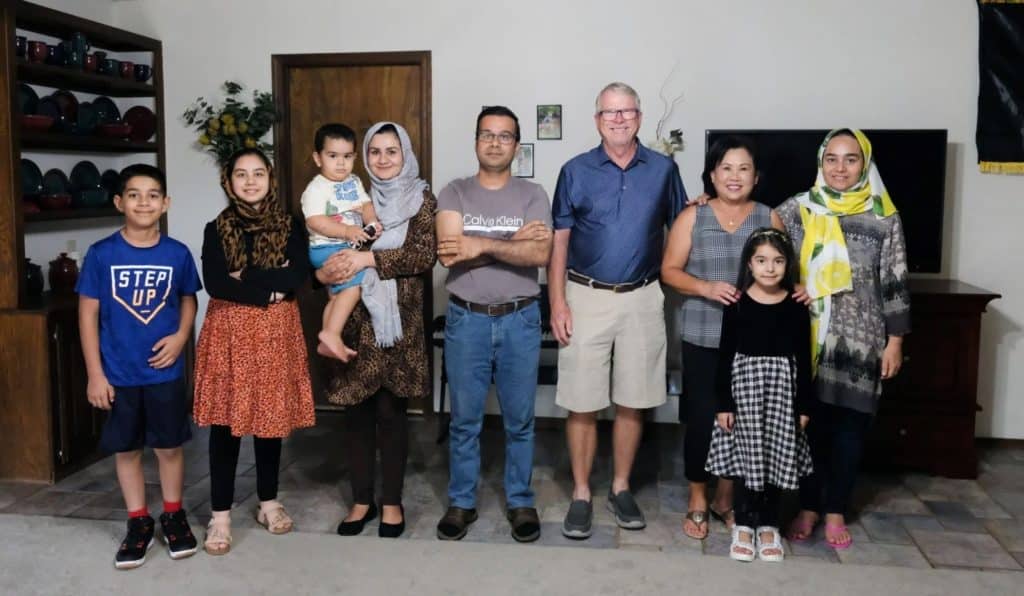
Stepping up to help
Two years ago, the U.S. withdrew from Afghanistan después de two-decade war triggered by 9/11.
The Hashemi family was among 76,000 Afghans evacuated to America because their work with the U.S. and its allies — as translators, interpreters and partners — put them at risk under Taliban rule.
“These 76,000 Afghans have become friends, neighbors and coworkers, yet fewer than 10 percent of them have secured permanent protection as most evacuees were brought to the U.S. using temporary status,” said Dan Kosten with the National Immigration Forum.
That immigration advocacy organization, based in Washington, D.C., is pushing for passage of the Afghan Adjustment Act. The measure in Congress would let evacuees seek permanent residency like those from Vietnam, Cuba and Iraq.
Here in the Sooner State, Catholic Charities resettled more than 1,000 Afghan refugees in Oklahoma City and 800 in Tulsa, spokeswoman Carly Akard said.
The Memorial Road church — which has a post-pandemic membership of about 1,800 — “was one of the first faith-based organizations to step in to assist with the needs of our new neighbors,” Akard told media.
“We sought community partners who could help sponsor and host families as they came into Oklahoma,” she explained. “Memorial Road took on the largest number of families by helping furnish and set up apartments, provide transportation, connect with ESL (English as a second language) classes and so much more than what was asked or expected of the congregation.”
Just a few months after the refugees arrived in 2021, Memorial Road church members hosted a large Thanksgiving dinner for their new neighbors, most of them Muslims.
Akard characterized that halal turkey dinner as “momentous” for the refugees.
“They took careful consideration,” she said of the church, “to make sure the meals were culturally appropriate, and despite religious differences, they provided a private space for those accustomed to evening prayer.”
Since the refugees arrived, about 350 Memorial Road members have interacted directly with 40 Afghan families, community outreach minister Terry Fischer said.
Many more have contributed money or furniture, Fischer said.
A ministry developed by member Susan Smith collects used sewing machines and repairs them for the Afghans. Other members teach English classes at the church building three times per week. Still others help fill out forms for jobs, housing, utilities, internet service and other needs.
“These forms can be hard,” Fischer noted, “even if your English is reasonably good.”
Welcoming the foreigner
Memorial Road members Rob and Jo Harmon “adopted” the Darmaan family — an Afghan father, mother and six children.
Other members, Al and Judy Branch, bought a three-bedroom home to rent to the Afghan family.
Karen Harmon, Rob’s mother, gave the refugees a swingset.
“God tells us to reach out to the foreigner,” Jo Harmon said of her motivation.
The children, she believes, will remember that Christians helped in their time of need.
“They just light up when we come to visit,” she said. “We just play with the kids, and they love it.”
The Muslim father doesn’t know his exact birth date, but he’s about 40. He asked that his first name not be published because he fears for relatives still in Afghanistan.
Life in America is good, he said, but the situation in Afghanistan makes him sad.
His brother has had run-ins with the Taliban, and his elderly father is extremely ill.
“And he doesn’t know me,” the refugee said of his father, who is showing signs of dementia. “He’s asking, ‘Who am I?’ That’s, like, very, very hard. I miss my parents.”
In Oklahoma, the father works full time as a translator for a public school system that has enrolled lots of refugee children. He has two part-time jobs, including one detailing cars.
He voices gratitude for the Christians who have helped his family adjust.
“She helps me with everything,” he said of Jo Harmon. “When I had gallbladder surgery, she took me to the hospital. She helped me get a driver’s license.”
A long road
The Memorial Road church has built its Afghan refugee ministry on prayer, international minister Clay Hart said.
Specifically, church leaders and volunteers ask God for opportunities to share Jesus, said Hart, a former missionary to South Africa.
“Not all are open to that,” he said, “but we do have some good conversations with some folks.”
Kluver, the Vietnamese American, said she’d love for the Hashemis to join her in following Christ.
But given her own story, she’s willing to be patient in sharing the hope she has.
When Kluver arrived from Vietnam, she appreciated the help Christians provided. But her whole family was Buddhist. She had no desire to convert.
“It’s going to be a huge hurdle to teach the Afghans,” Kluver said. “I had so many people who reached out to me to get to know Jesus. And I rejected it, rejected it, rejected it.”
After 13 years in America, she finally visited a church, studied the Bible and decided to be baptized.
“So with our Afghans … it’s going to be difficult,” she said. “But through our love, and through the church’s love and helping them with English, hopefully we can reach some of them.”
This article has been republished from La crónica cristiana.
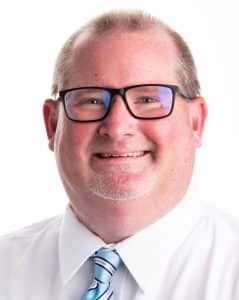
Bobby Ross Jr. is editor-in-chief of The Christian Chronicle and a columnist for Religion Unplugged. A former religion writer for The Associated Press and The Oklahoman, Ross has reported from all 50 states and 15 nations. He has covered religion since 1999.




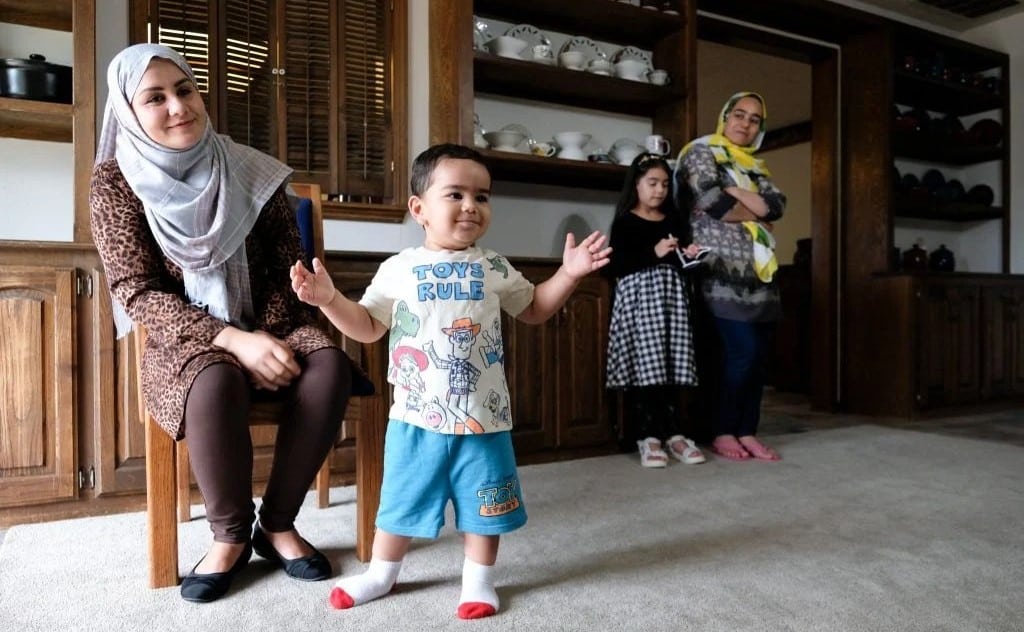


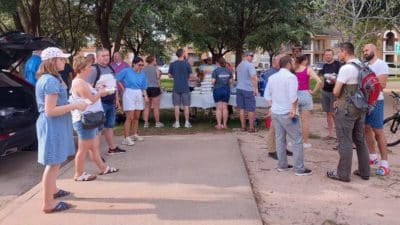

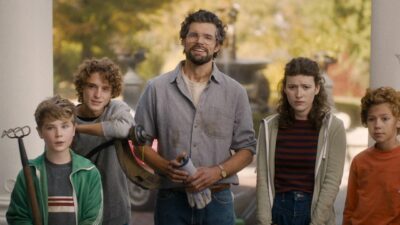
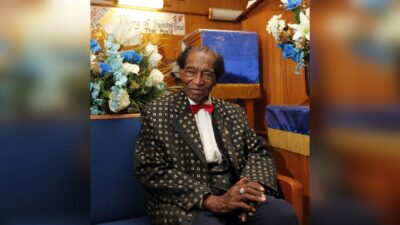
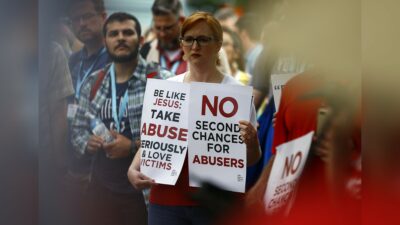

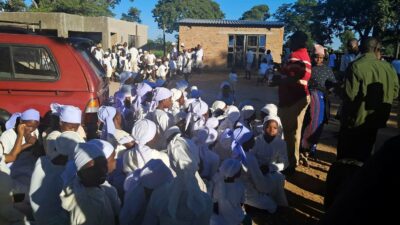






Una respuesta
Thank you, Bobby Ross, for sharing the uplifting stories that shine all the brighter appearing as they do amongst the dark and dispiriting news erupting from so many quarters.